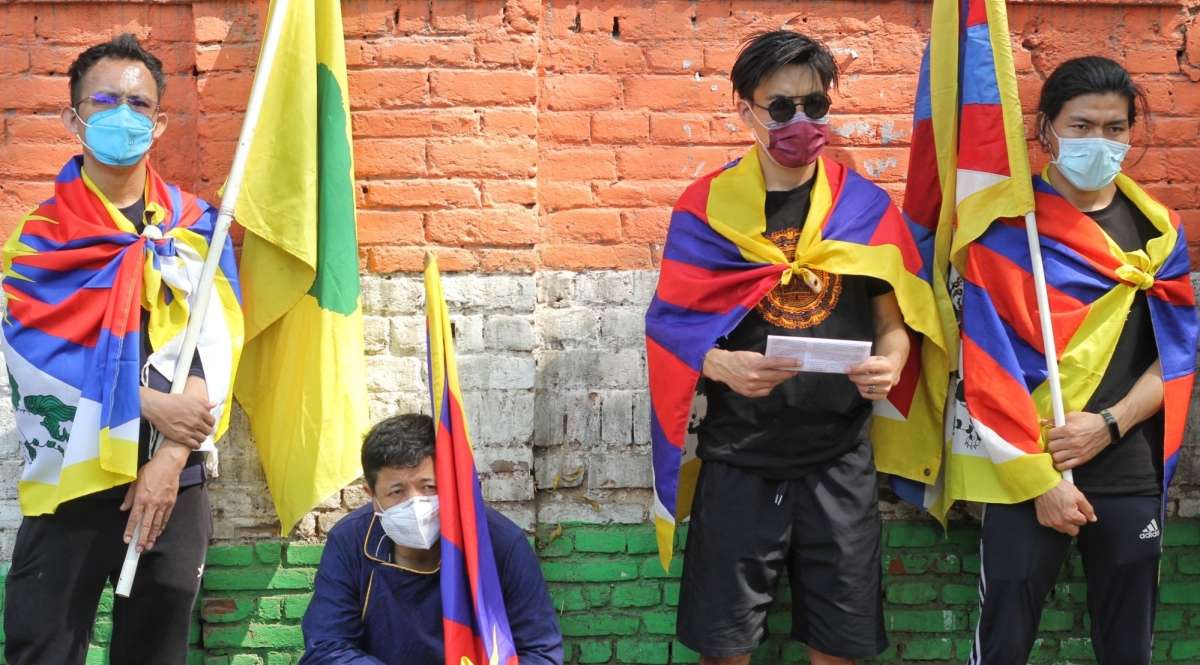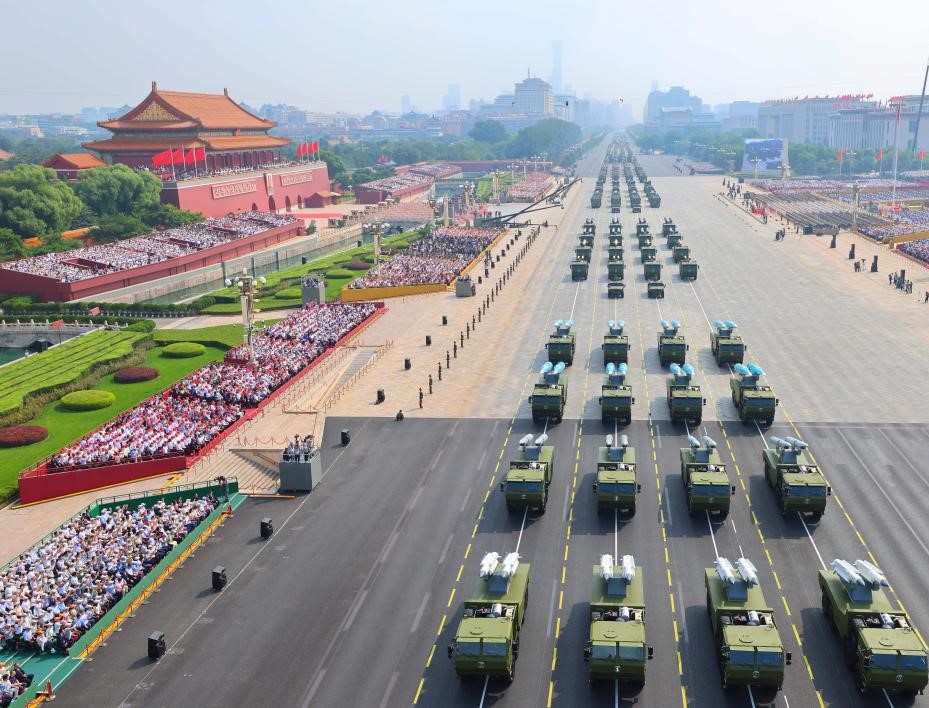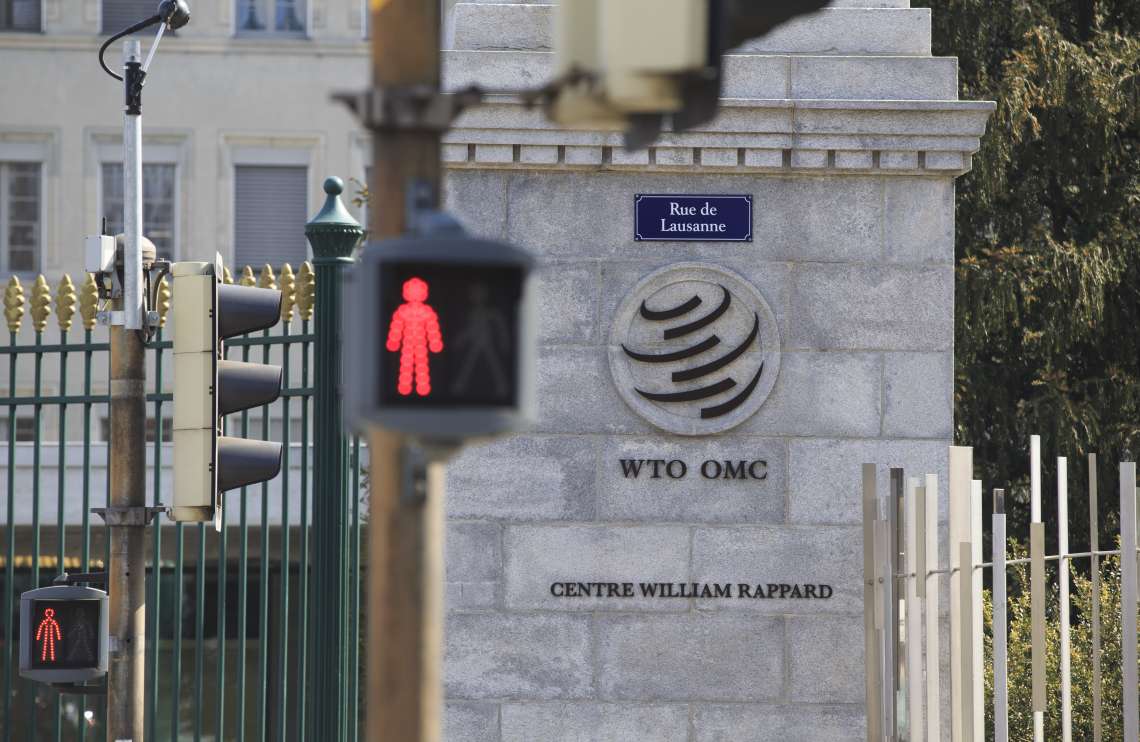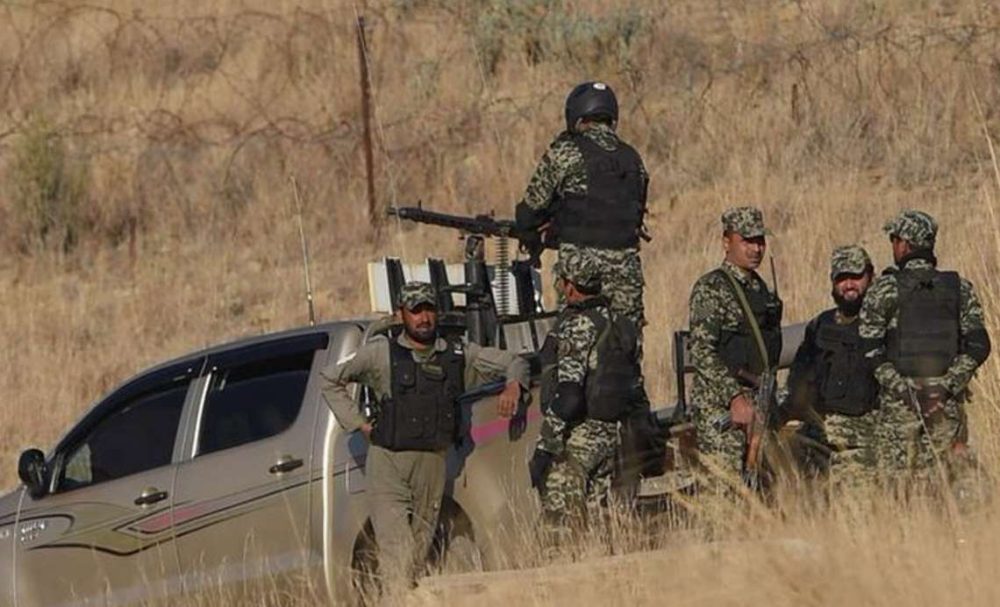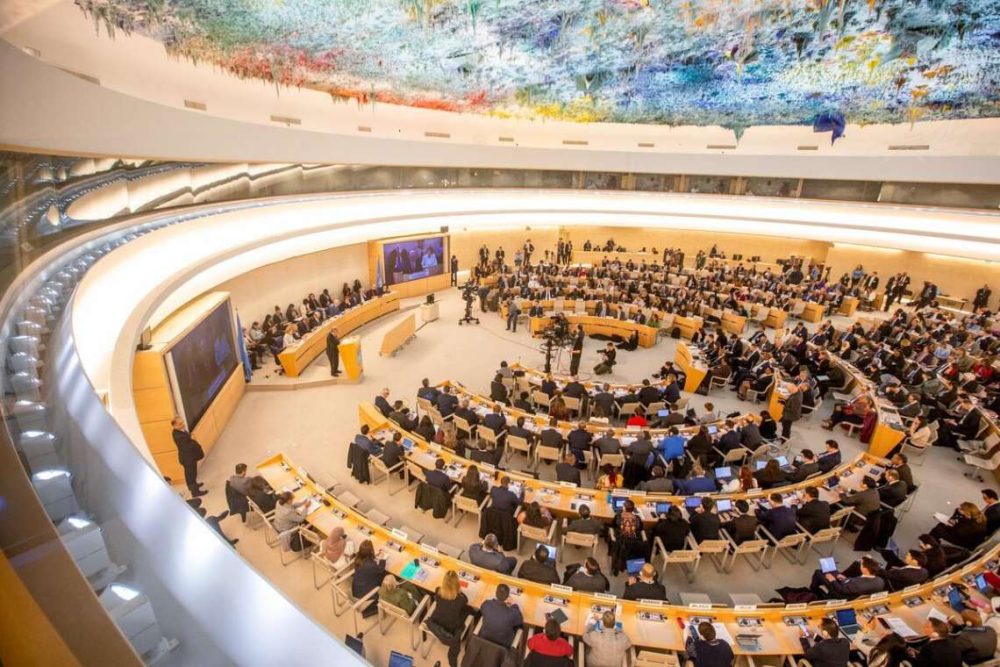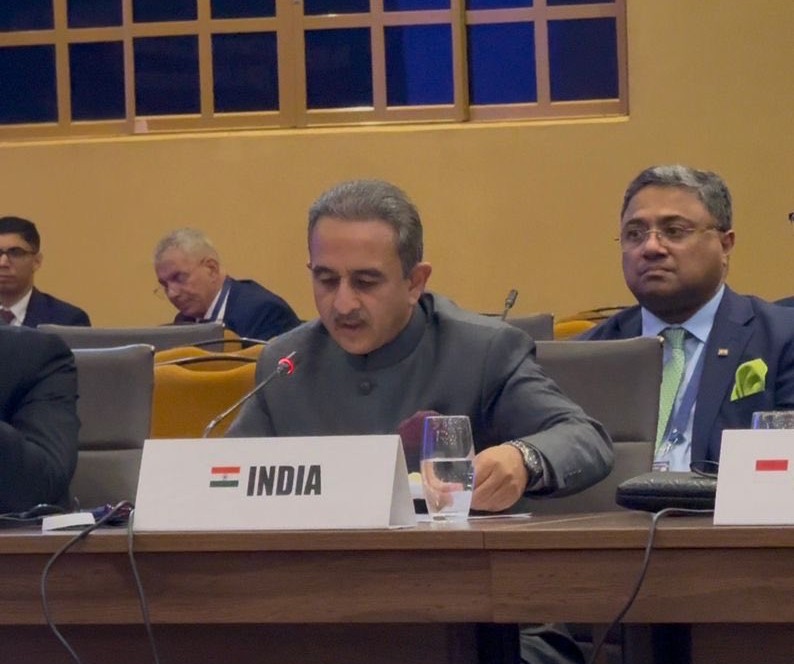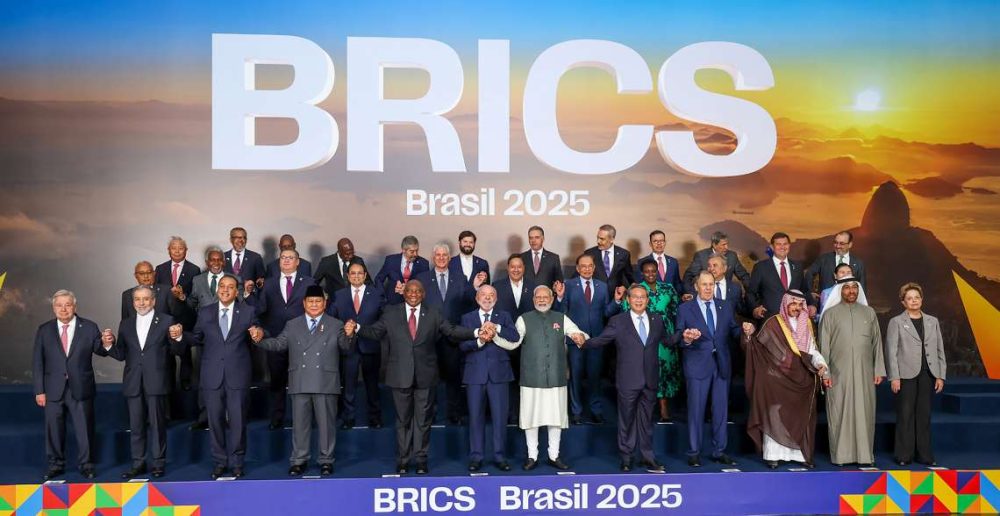The press release of the US State Department underscored ongoing concerns about human rights and religious freedom in China…reports Asian Lite News
The United States has called on China to provide information about the 11th Panchen Lama, the second most important spiritual leader in Tibetan Buddhism after Dalai Lama, who was “abducted” at the age of six by People’s Republic of China 29 years ago.
The press release of the US State Department underscored ongoing concerns about human rights and religious freedom in China, particularly in Tibet and other areas with Tibetan populations.
On May 17, the press statement of the US State Department said, “Today marks 29 years since the People’s Republic of China (PRC) abducted the 11th Panchen Lama, one of the most important figures in Tibetan Buddhism, as a six-year-old child”.
It added, “Gedhun Choekyi Nyima remains missing and has not appeared in public since that day. The PRC government is denying members of the Tibetan community access to this important religious figure and instead continues to promote a state-selected proxy.”
The statement further said, “The United States supports Tibetans’ human rights and their exercise of those rights in connection with their distinct religious, cultural, and linguistic identity. Tibetans, like members of all religious communities, should have the ability to select, educate, and venerate their own leaders, like the Dalai Lama and the Panchen Lama, according to their own beliefs and without government interference.”
Taking to the social media platform X, Matthew Miller, the spokesperson for the United States Department of State, and Nicholas Burns, the US ambassador to China, also called for Beijing to be held accountable for the issue at hand.
The disappearance of Gedhun Choekyi Nyima on May 17, 1995 remains a deeply concerning issue. Days later, the Chinese government’s anointed its own Panchen Lama, Gyaincain Norbu, who has faced widespread rejection from Buddhists both in Tibet and around the world.
The Panchen Lama controversy is a poignant reminder of the ongoing tensions between China and Tibet, and the suppression of Tibetan religious and cultural autonomy by the Chinese government.
Despite international pressure and calls for his release, Panchen Lama’s whereabouts remain unknown. (ANI)
ALSO READ: Man Who Attacked Nancy Pelosi’s Husband Gets 30-Year Jail


